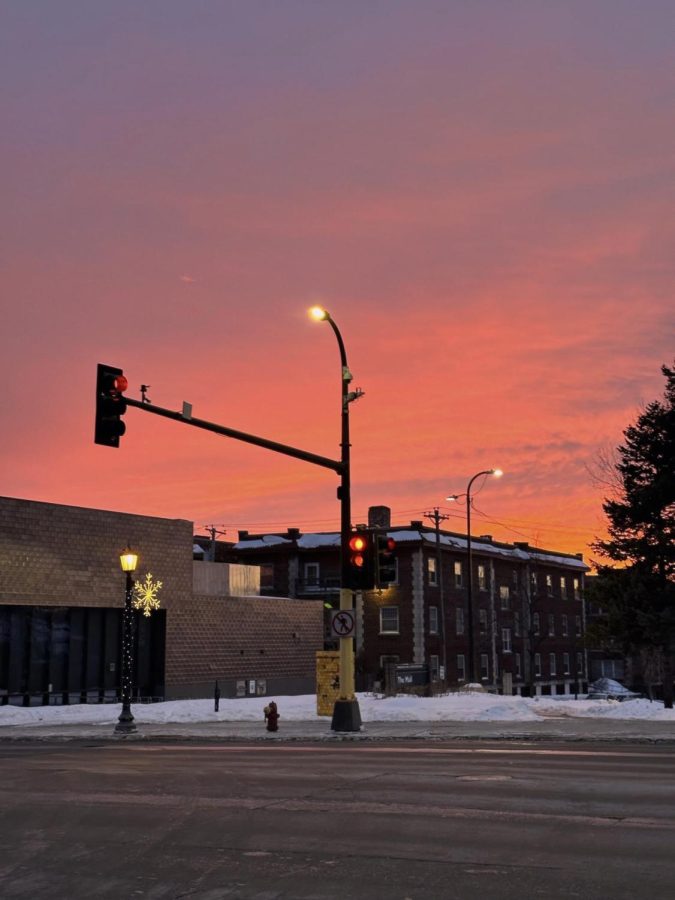Is Daylight Savings Time really necessary?
The daylight saving times’ debate has been around for decades. So is it really necessary? Read more about it in this article.
April 5, 2023
On March 2nd, US Senator Marco Rubio reintroduced the Sunshine Protection Act for the 118th Congress. The Sunshine Protection Act is a proposed US Law that would make daylight saving time permanent, meaning that the ritual of turning our clocks backward/forwards twice a year will be no more.
Daylight savings time started in 1918 with the implementation of the Standard Time Act, the initial purpose being to add more daylight hours in order to preserve fuel during World War One. The public at the time generally liked it, as it added one extra hour to be able to participate in activities. Today, approximately 75% of Americans are in support of getting rid of the century old practice. Resolutions have been passed in over 35 states commending the abolishment of daylight savings time.
So why are people across the nation so unsupportive of daylight saving time? Most people are opposed to it because it disrupts the body clock, which causes stress, anxiety, decreased productivity, and more. According to Northwestern Medicine, “DST has been linked to increased risk of developing certain disorders, from cognitive and mental health issues to digestive and heart diseases.” During the time surrounding daylight savings time, research finds that there’s growth in mental health and depressive episodes, which increases by around 11%, heart attack rates which increases around 24%, and car accident rates, which increases by around 6.3%. In my opinion, I think that we should switch to daylight savings time year-round. The sudden hour jump makes me feel stressed and tired and it takes my body days to get back on schedule. “Every cell in our bodies keeps track of the time, and changes in daily patterns can trigger stress in our brains and cause sleep deprivation, disorientation, and memory loss. It can also lead to difficulties with learning, social interactions, and overall cognitive function”, Chair of the Department of Neuroscience at UT Southwestern Joseph S. Takahashi states.
Though daylight savings time has its disadvantages, there are also some benefits that go along with it. The longer daylight hours make things safer for people who are driving or walking during the evening. Crime rates have been proven to drop 7% overall and 27% in the evening hours after daylight savings. Economic professors Jennifer Doleac and Nicholas Sanders state, “Most street crime occurs in the evening around common commuting hours of 5 to 8 PM, and more ambient light during typical high-crime hours makes it easier for victims and passers-by to see potential threats and later identify wrongdoers.” Another advantage of daylight savings time is that it encourages people to participate in outdoor activities. Due to the extended sunlight period, people have more time to get outdoors and participate in events that start later.
Students at South have mixed opinions about daylight saving time. “In my opinion, I like daylight savings time because there’s more sun during the day and it makes me happier,” Junior Val Garcia says. “I don’t really like daylight savings time. I feel like it causes me to lose concentration and feel stressed because I lose an hour of sleep,” Sophomore Lupita Sanchez opposes.
As of March 27th, the Sunshine Protection Act was unanimously passed through the Senate and is now at the House for approval. Though there’s been huge support from citizens as well as representatives, the House has not yet held a vote.






